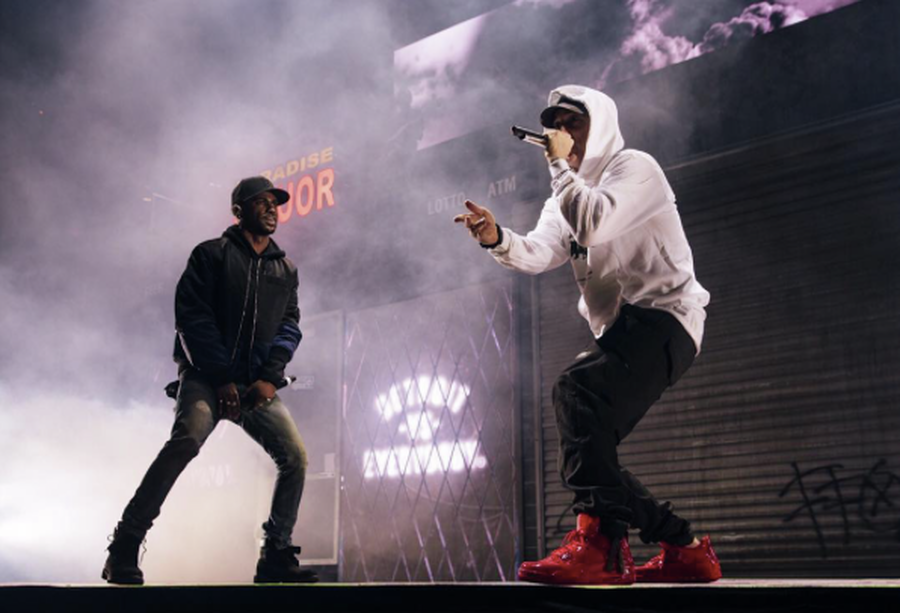
The great make-up shake-up
Make-up should only be worn because you want to wear it, and not to please others, argues Violet’s Ilona Harding-Roberts
When I was younger, my makeup routine for school consisted of me waking up extra early so that I had half an hour at my disposal to shovel on a good caking of cheap orange foundation, wonkily apply jet-black eyeliner about a mile above my lash line, and dab on some blusher (usually from Poundland). Not exactly what you’d call art, although I did get quite a few people asking why I was wearing face paint.
These days, I can just about handle my eyeliner, and I’m capable of finding my correct foundation shade (i.e. ‘ghost pale’). But I’m nowhere near the thousands of YouTubers, makeup artists and celebs who have transformed makeup into something fresh, free, and fun.
"Sometimes I wear makeup, and sometimes I don’t, and I don’t think twice about my choice either way"
The latest ad campaign by makeup manufacturers Sleek features the slogan: ‘My face. My rules.’ It’s aimed at challenging ‘makeup shaming’ - judging someone because of the amount of makeup they wear. Their advert includes an ethnically diverse range of both men and women, and is a celebration of the opportunity makeup brings for artistic freedom; for men in particular, makeup can be a way not only to break out of ascribed gender norms but also to visually rejoice in this liberation.
Sleek are making a strong point; nobody should feel as though their personal choices about their appearance are being judged, especially when that judgement is framed in phrases like, ‘you only wear makeup to impress others’ or, ‘you’d be so much prettier without all that makeup’. The irony, of course, is that when I was haphazardly applying cheap chemicals as a 14-year- old, this was the truth: I was doing it to fit in. Now, it seems, makeup is a way to stand out.
Yet the internet is awash with both sides of the makeup debate, and I must admit that, to an extent, I can see why. Feminist thought has had a complex relationship with makeup; it is often seen as a tool used to oppress women and perpetuate the message that our natural features are not sexy, pretty, feminine or attractive enough. Worryingly, it seems to emphasise the message that a woman’s appearance is of the utmost importance. I’ve had so many conversations with friends since we started wearing makeup about how it almost became part of our school uniform, and how uncomfortable, exposed and naked we’d feel without it.
But I am not the same anxiety-ridden, self-conscious or paranoid teen I used to be, which I’m sure is true of a lot of us. Wearing makeup doesn’t mean we haven’t moved on from our school days; sometimes I wear makeup, and sometimes I don’t, and I don’t think twice about my choice either way. Rather than a mask we are still being told to hide behind, perhaps makeup has become an optional extra, a fun way to procrastinate from work, or experiment with the way we look. Without the flurry of eyeshadow, glitter and lippie that accompanies getting ready for a night out, I don’t think I’d get half as excited.
And the freedom it brings people needs to be emphasised. Obviously, if (like me) you don’t have the skill to perfectly shape your eyebrows or contour without looking like you’re off to join the circus, then makeup is going to be more of a daily routine. But for so many young people looking to find their identity as they grow up, it can be an opportunity to experiment with what they want to say to the world. So, as long as we are also reinforcing the message that a makeup-free face is just as expressive, just as interesting and just as worthy of attention alongside it, the stigma around wearing ‘too much’ makeup is one that needs to stop.
After all people, it’s your face, your rules


